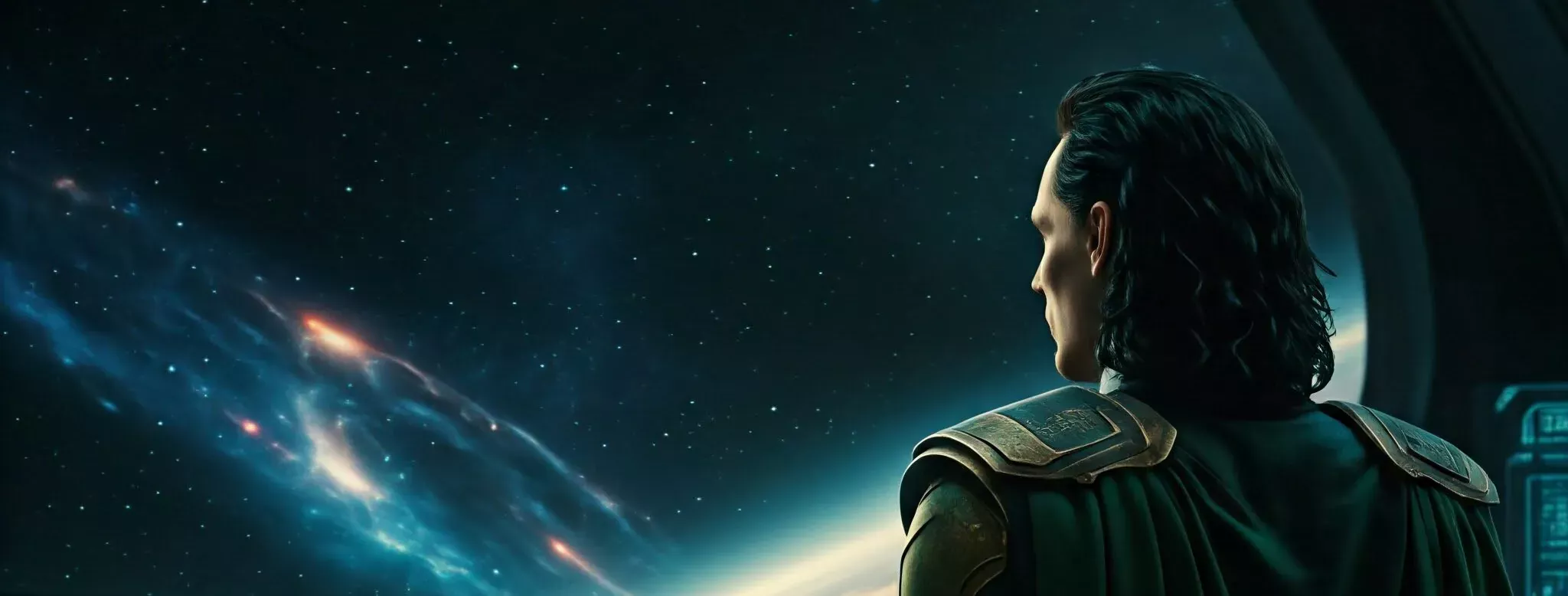WARNING: This article contains spoilers for all seasons of Yellowstone and discusses plot points from the series. Read at your own risk!
Yellowstone, the neo-western drama premiering on the Paramount Network in June 2018, has captivated audiences with its compelling characters, breathtaking landscapes, and intricate storylines. It’s a complex exploration of family loyalty, betrayal, land rights, and the clash between tradition and modernity in the American West. This in-depth analysis will examine Yellowstone’s phenomenal success, exploring its main characters, its ambitious spin-off strategy, its impactful seasons, and its broader cultural impact.

The Dutton Family: A Legacy Forged in Conflict
At the heart of Yellowstone lies the Dutton family, a powerful yet deeply flawed clan fiercely protective of their sprawling Montana ranch. Their internal conflicts mirror their external battles against developers, politicians, and rival ranchers.
- John Dutton (Kevin Costner): The patriarchal figure, John is a strong, stubborn, and often ruthless man determined to preserve his family’s legacy. His methods are frequently questionable, but his deep, albeit unconventional, love for his children is undeniable. He represents the rugged individualism of the Old West grappling with modernization.
- Beth Dutton (Kelly Reilly): John’s fiercely loyal and ruthless daughter, Beth is a force of nature, using her intelligence and manipulative skills with deadly precision. Her emotional volatility and complicated relationship with Rip Wheeler are central to her character. Her loyalty to her family is absolute.
- Kayce Dutton (Luke Grimes): John’s son, a former Navy SEAL, struggles to reconcile his life on the ranch with his past traumas and his connection to the land. Kayce represents a generation bridging tradition and modernity, grappling with spiritual connection to his heritage.
- Jamie Dutton (Wes Bentley): John’s adopted son, Jamie carries the weight of his complicated relationship with his father and his conflicted loyalties. His internal struggles and ambition lead him down a path of betrayal and self-destruction, driven by a desperate need for his father’s approval.
- Rip Wheeler (Cole Hauser): The fiercely loyal ranch foreman, Rip is family. His unwavering devotion to the Duttons and his passionate relationship with Beth are cornerstones of the show. He embodies the hard-working, dedicated spirit of the ranch hand.
Beyond the immediate family, the show features a rich ensemble cast of adversaries and allies, contributing to the intricate web of alliances and betrayals.
Historical Context of the Story
Yellowstone taps into a rich vein of American mythology surrounding the West. The show explores themes of land ownership, the displacement of Native Americans (though often subtly and with criticism), and the changing face of the American frontier in the late 20th and early 21st centuries. The struggles of the Dutton family resonate with anxieties about economic inequality, the preservation of natural resources, and the loss of traditional ways of life in a rapidly modernizing world. The show doesn’t shy away from portraying the violent and often brutal history of westward expansion, adding layers of complexity to the narrative.
Season-by-Season Overview: Main Plots Explained
Season 1: Establishing the Stakes
Season one introduces the Dutton family and their sprawling Yellowstone Dutton Ranch, immediately establishing the central conflict: the relentless pressure from external forces aiming to seize their land. The primary antagonist is the Beck brothers, wealthy developers who represent encroaching modernization and the threat to the traditional ranching way of life. John Dutton, patriarch of the family, uses a combination of shrewd business dealings, intimidation, and violence to defend his property. The season also introduces the complex relationships within the Dutton family. We see Beth’s volatile personality and her manipulative tactics, Kayce’s struggle to find his place after his military service, and Jamie’s internal conflict stemming from his adoption and his strained relationship with his father. Rip Wheeler’s unwavering loyalty to John and his burgeoning relationship with Beth are also introduced, setting the stage for a central love story. The season culminates in a major confrontation, leaving the family vulnerable and setting the stage for greater conflict to come. Underlying this are ongoing storylines involving the Native American tribe, the inherent problems with the corrupt local government, and the environmental concerns increasingly at odds with the ranch’s practices.
Season 2: Escalating Conflicts and Betrayals
Season two intensifies the conflicts introduced in the first season. The threat from the Beck brothers is replaced by a new, more powerful adversary: the Market Equities corporation, who utilize a far more sophisticated approach to acquiring the land. Simultaneously, the internal struggles within the Dutton family deepen. Jamie’s conflicted loyalties are further tested as he navigates his ambition and his desire for his father’s approval. Kayce grapples with his traumatic past and the spiritual connection to the land that increasingly pulls him towards a more traditional lifestyle. Beth’s relationships continue to be tempestuous, particularly her complicated love-hate relationship with Rip. The season’s central conflict revolves around John’s health, creating uncertainty about the future leadership of the ranch. Multiple attempts on John’s life are made, revealing a network of powerful and ruthless enemies both inside and outside the family. The season culminates with a dramatic attack on the ranch that leaves the Duttons reeling and significantly alters the power dynamics within the family and their relationship with the outside world. The season ends with several cliffhangers, leaving the audience uncertain about the future of the ranch and the Dutton family.
Season 3: Betrayal and Devastation
Season three is marked by intense betrayal and shocking violence. Jamie’s internal struggle reaches a breaking point, culminating in a devastating decision that irrevocably impacts his relationship with his family. The consequences of the attack from the previous season are felt deeply. The Duttons confront their adversaries with a mixture of brutal force and cunning strategy. Beth’s fierce loyalty and manipulative skills are tested to their limits as she navigates a treacherous web of alliances and betrayals, leading to an ultimate showdown with a key antagonist. The season’s emotional core lies in the shifting alliances within the family and the devastating consequences of betrayal. The central plot focuses on the various attempts to dismantle the Dutton family from within and without. Several major characters face life-threatening situations, and the season finale delivers a shocking conclusion that leaves the future of the entire Dutton dynasty hanging in the balance, leaving the audience reeling with unanswered questions and a desire for immediate answers.
Season 4: Reckoning and Resilience
Season four picks up the pieces after the devastating events of the previous season. The Duttons are left to deal with the aftermath of shocking betrayals and the immense loss they have suffered. The season focuses on the rebuilding process, both physically and emotionally. The overarching plotline centers on vengeance as the Duttons seek justice for those who have wronged them. This leads to violent confrontations, complex alliances, and high-stakes negotiations. The season explores the resilience of the family in the face of overwhelming odds, highlighting their unwavering loyalty to one another and their determination to protect their legacy. Several unexpected alliances form, and longstanding loyalties are tested. The season’s conclusion leaves the audience with a sense of hope alongside ongoing tension, hinting at unresolved conflicts yet to come. The battle for Yellowstone Ranch continues, with new and unexpected threats emerging.
Season 5: Shifting Power Dynamics and Uncertain Futures
Season five marks a significant turning point in the Yellowstone saga. The power dynamics within the Dutton family shift dramatically, as John Dutton faces his own mortality and considers his legacy. The struggle for control of the ranch intensifies, with various family members vying for power. This season delves into the political realm, showcasing the family’s involvement in state politics and their interactions with increasingly corrupt officials. Internal conflicts reach boiling points, leading to explosive confrontations and unexpected betrayals. The overarching plot involves a significant shift in the balance of power, both within the family and in the external world, leaving the future of the ranch and the family very much in doubt. The season’s finale is filled with cliffhangers, leaving many key storylines and relationships unresolved and suggesting the possibility of a complete upheaval of the Dutton’s world.
The Yellowstone Spin-Off Strategy: Expanding the Dutton Legacy
The success of Yellowstone has spurred a series of spin-offs, each offering a unique perspective on the Dutton family legacy and the broader history of the American West:
- 1883: Chronicles the Dutton family’s westward journey in the late 19th century, showcasing their origins and the hardships faced in establishing their ranch.
- 1923: Set during the turbulent 1920s, it explores the challenges faced during the devastating drought and the rise of organized crime.
- 6666 (Four Sixes): Focuses on the legendary Four Sixes Ranch in Texas, offering a different perspective on ranching and western life.
These spin-offs strategically expand the Yellowstone universe, providing additional storylines and context while maintaining core themes of family, legacy, and the changing West.
Cultural Impact
Yellowstone’s impact extends beyond its viewership. Its depiction of the American West, while romanticized, has sparked discussions about land ownership, environmental issues, and the preservation of traditional lifestyles. The show’s popularity has also boosted tourism in Montana and surrounding areas, showcasing the beauty of the landscape. The show’s characters, particularly Beth Dutton, have become cultural icons, representing strong female characters in a traditionally male-dominated genre. Furthermore, the show’s success has contributed significantly to the resurgence of the Western genre in television.
Conclusion
Yellowstone’s enduring appeal stems from its complex characters, high-stakes conflicts, stunning visuals, and exploration of timeless themes. Its strategic spin-off strategy deepens the narrative, inviting audiences to explore the rich history and legacy of the Dutton family. The show’s cultural impact is significant, reflecting and shaping contemporary conversations about the American West and its enduring legacy. The future of the Yellowstone universe, and its continued impact on popular culture, remains eagerly anticipated.

















